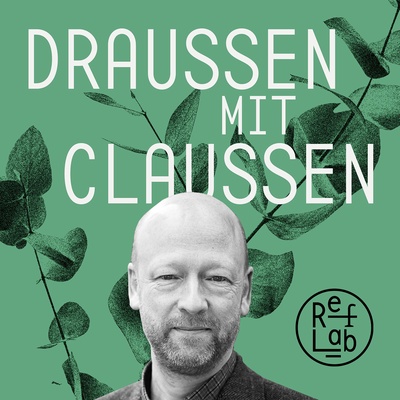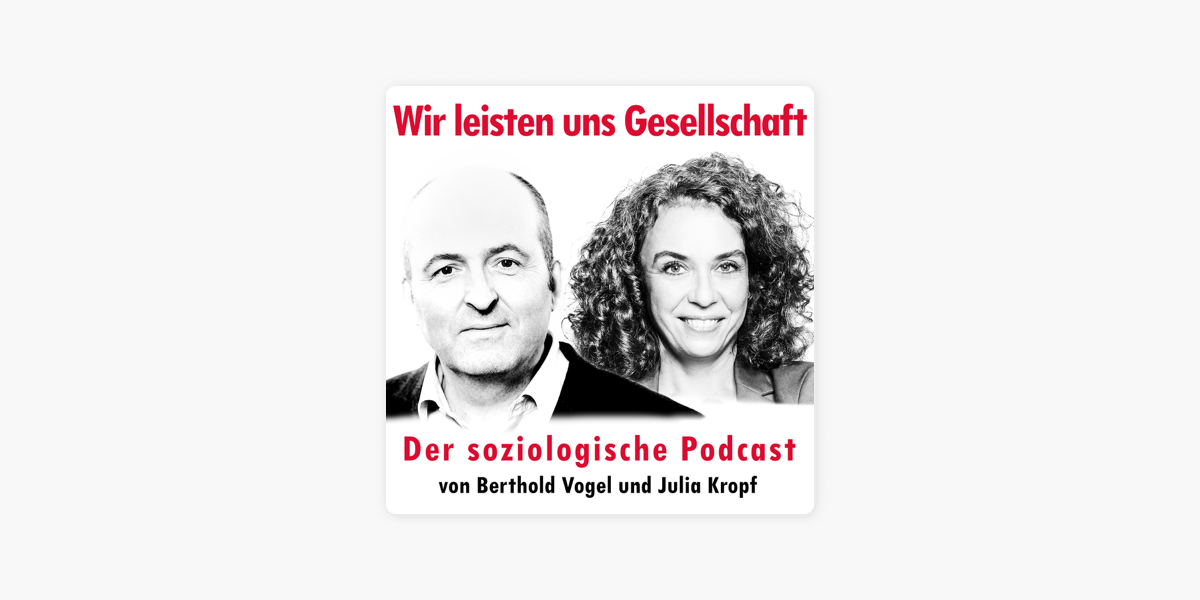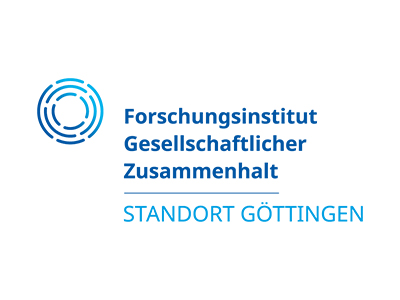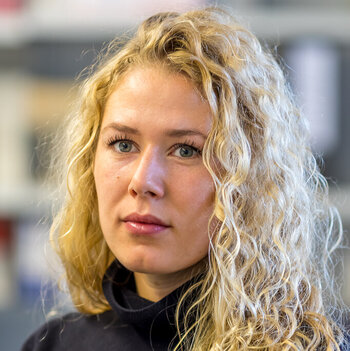The FGZ Section in Göttingen researches the present and future of the world of work and the people working in it, focussing on issues of public goods and state institutions.
With its programmatic orientation towards application-oriented sociological basic research, the Göttingen Soziologische Forschungsinstitut Göttingen (SOFI) makes theoretical, conceptual and empirical contributions to the fields of work, life courses and public goods. Participation in employment and occupation as well as an efficient constitutional and welfare state are essential prerequisites for social cohesion. Labour and company represent central anchor points for life chances and life management. At the same time, public infrastructures and state institutions develop material, legal and social binding forces.
Covid-19: New Relevance of our Topics
Under the conditions of a global pandemic and its lasting social, economic, technological and cultural consequences, research at sub-institute Göttingen is becoming increasingly topical: The cohesive forces of the world of work and public infrastructures are under strong tension. On the one hand, this applies to the dynamics of digital change, to new conflicts over participation and co-determination in the world of work, or to the fragility of employment biographies. The institutional and legal framework conditions of employment, but also the different stakeholders and interest groups in the world of work are facing new challenges.
On the other hand, public goods are receiving new attention as strong infrastructures of cohesion and are emerging from the background of their systemic relevance. The question of responsibility for socially necessary services and goods will thus be raised in many places in the future. At the same time, it is becoming clear that the relationship between the common good and individual interests must be redefined in a society whose social vulnerabilities and fragmentation will become clearly evident in the economic recession and public debt crisis of the coming years. Finally, households are also receiving increased attention as places where people live and make their living. They are central interfaces for experiencing and coping with social centrifugal and binding forces, the loss of solidarity and cohesion.
Public Goods, Digitization and Budgets crucial for Cohesion
The research of the Göttingen Section is based on empirical and conceptual studies that claim to be valid for the time diagnosis. The research package brought into the RISC by the Göttingen Section ranges from a junior research group on sociology of public goods to projects that explore the productive or destructive power of employment for social cohesion, to a regionally distributed and comparative qualitative panel study that focuses on the social practice of cohesion in a methodologically innovative way. The focus is on the working and living environment of households, but also on infrastructures and public goods that enable social cohesion. Digitization, public goods and households are central categories that will be high systematic and empirical important for the design and further development of social cohesion in the coming years. Finally, it should be emphasized that the research projects of the sub-institute Göttingen are interrelated, but also linked in a variety of ways with the research at other RISC institutes.
Research Projects
All research projects at the Göttingen site can be found here.
Aktuelles
Die Praxis des Zusammenhalts im Falle einer Werksschließung
Standpunkt: „Es gilt, Energiewende und Klimapolitik vom Zusammenhalt her zu denken!“

Berthold Vogel: Einsamkeit und Ressentiment - undemokratische Gefühle











